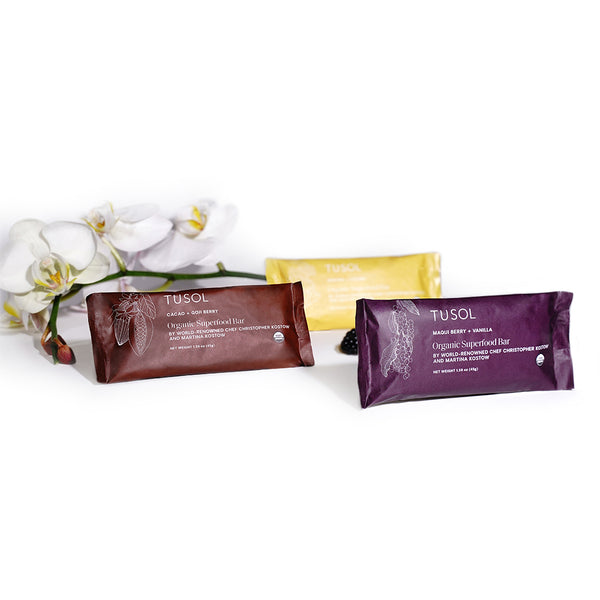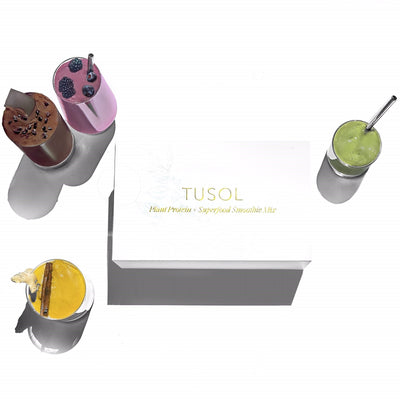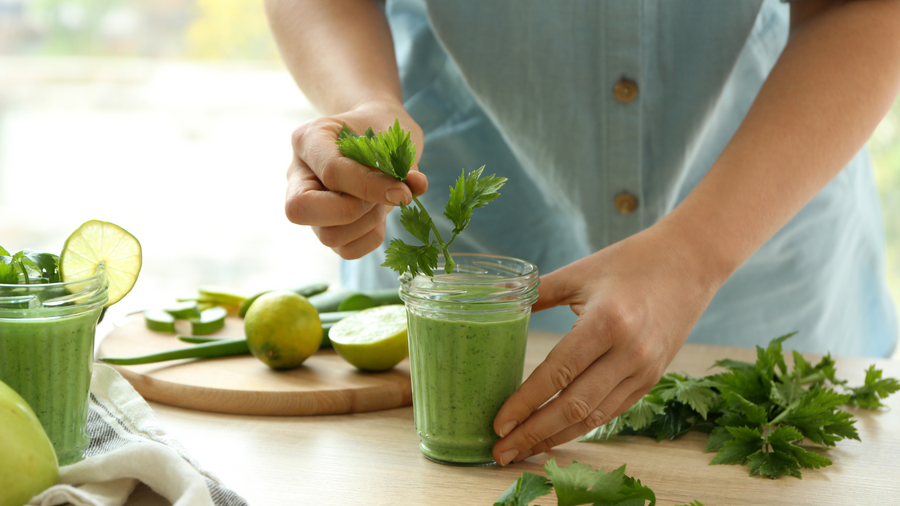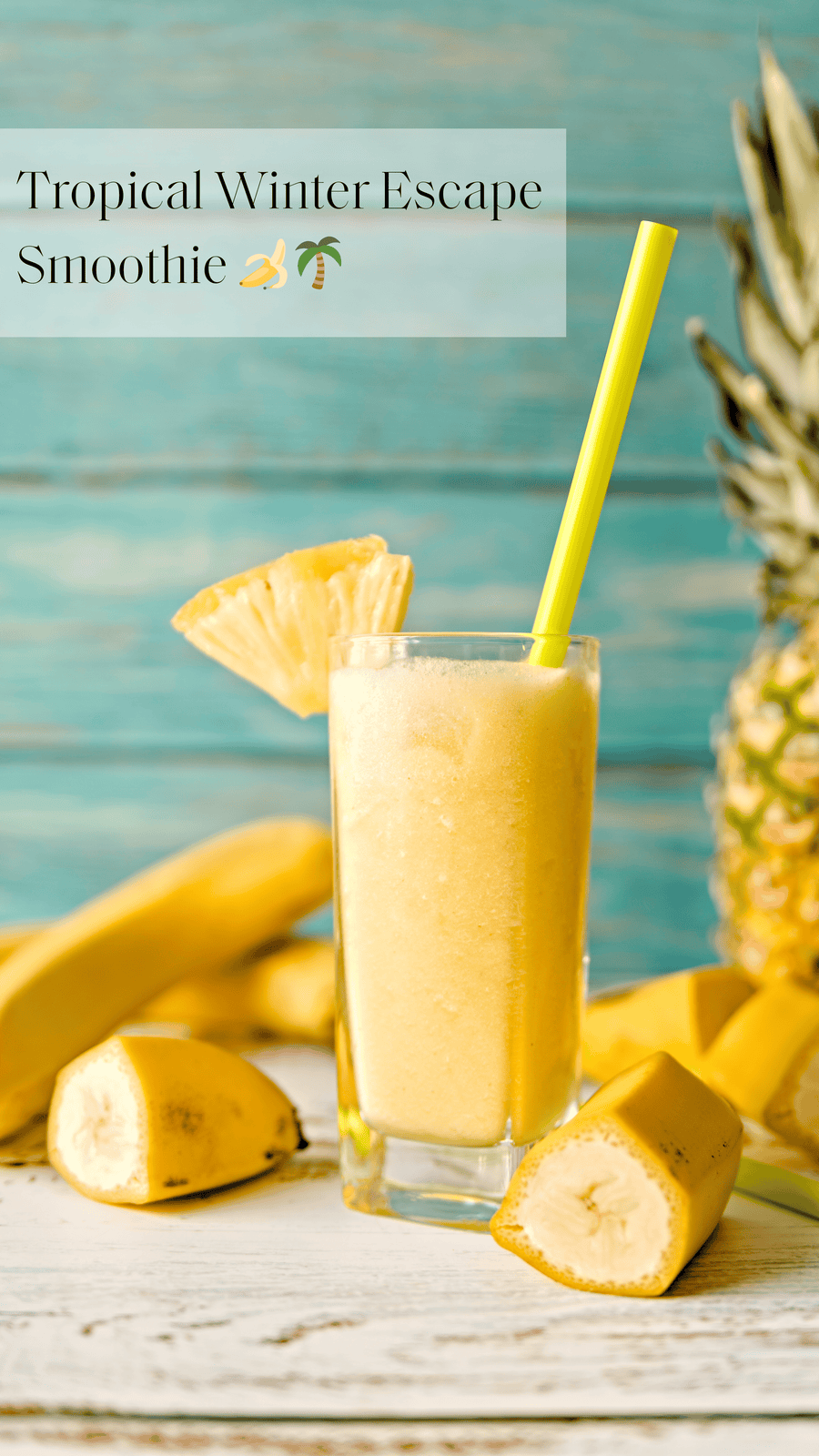Yogurt, sauerkraut, pickles, and Kombucha. These foods have one thing in common: they all contain probiotics. You may not be aware of it, but these live microorganisms provide you with more health benefits than just strengthening your stomach.
What are Probiotics?
According to the National Health Center for Complementary and Integrative Health (NCCIH), probiotics are live microorganisms that are beneficial to the body when consumed or applied.[1] These live microorganisms aid in keeping your body in balance. These support your immune function in fighting bad bacteria as well as control inflammation in your body. Because of these functions, we refer to probiotics as the "good bacteria".
Probiotics can be found in certain foods, specifically in fermented foods like sauerkraut and kimchi. Dairy-based food products containing probiotics include, if not all, the following.
- Yogurt.
- Fermented milk.
- Cheese (fermented ones like Swiss, gouda, and parmesan).
- Sour cream.
- Buttermilk.
Probiotic bacteria can also be found in soy-based fermented foods such as miso, natto, and tempeh. There are also probiotic supplements available in the market, although those are marketed towards specific conditions such as irritable bowel syndrome.
Probiotics and Prebiotics: How Do They Differ?
Your gut or digestive tract has microorganisms that help you process nutrients and keep your body healthy. What you feed these gut bacteria heavily affects your health. To ensure a healthy gut, you can either supply the microbes with prebiotics or add probiotics. Both can be found in food and supplements.
Prebiotics
Prebiotics are specialized plant fibers that serve as food for the already existing bacteria in your digestive tract. These also stimulate the growth of your gut bacteria.
Fruits and vegetables are prebiotic-rich foods, specifically those which have complex carbohydrates like fiber. Good examples of foods with prebiotics are as follows.
- Bananas.
- Asparagus.
- Berries
- Legumes.
- Beans.
- Onions.
Probiotics
While prebiotics act as food for pre-existing microbes in your gut, probiotics contain live microorganisms that add to the population of the healthy bacteria in your digestive tract. These microorganisms, in turn, support the microorganisms already in your gut for a healthy microbiome.[2]
Prebiotics and probiotics ensure that your gut bacteria stay healthy and functional. Foods and supplements combining prebiotics and probiotics are called synbiotics.
Common Probiotic Species Found in Food
Probiotics are nonpathogenic, meaning they don’t cause illness or infection.[3] There is a wide range of nonpathogenic microbes which may exert probiotic properties and provide health benefits. However, the most common types of probiotics in nutrition are lactic acid bacteria, particularly those belonging to the genera Lactobacillus and Bifidobacterium. These types of bacteria produce lactic acid as the main end-product of carbohydrate fermentation.
Lactobacillus
This species of bacteria are naturally found in the digestive tract, urinary tract, and genital area. These bacteria produce lactase which breaks down lactose. Lactobacillus also helps in controlling the population of bad bacteria and increases the absorption of nutrients in the body by producing lactic acid.
The most common probiotic strains in the Lactobacillus species are as follows.
- L. casei Shirota.
- L. rhamnosus GG.
- L. johnsonii.
- L. acidophilus.
- L. gasseri.
- L. reuteri.
- L. casei.
- L. fermentum.
- L. crispatus.
- Lactobacillus GG.
Bifidobacterium
Naturally found in the intestinal tract of humans, bifidobacteria help break down lactose into nutrients that the body can use. These intestinal bacteria also help the immune system of the body and control the growth of bad bacteria in the intestine. However, the number of bifidobacteria in the intestine decreases as the person gets older.
Common strains of bifidobacteria in probiotics include the following.
- B. longum.
- B. bifidum.
- B. infantis.
- B. lactis.
- B. breve.
- B. animalis.
- B. adolescentis.
Saccharomyces boulardii
In addition to lactobacillus and bifidobacteria, saccharomyces boulardii are also used as probiotics. This is a type of yeast and is only the yeast probiotic.
Evidence has shown that S. boulardii can effectively prevent antibiotic associated diarrhea as well as traveler's diarrhea.
Health Benefits of Probiotics
Over the past years, research has proven that consumption of probiotics can help in improving your health and keep your digestive system balanced.[4] There is evidence that probiotics may:
- Stimulate the immune system.
- Protect you against diarrheal diseases, nosocomial and respiratory infections.
- Prevent urinary tract infections.
- Lower cholesterol.
- Attenuate overt immuno-inflammatory disorders.
- Prevent cancer.
However, further research is needed for taking probiotics for health conditions other than those discussed below.
Antibiotic-Associated Diarrhea
Instances occur when you experience mild or severe diarrhea caused by antibiotics. We call this condition antibiotic-associated diarrhea and happens when the antibiotics disrupt the natural microbiome in the digestive system. This disruption and suppression may cause the growth of pathogenic strains, leading to the disease.
Research suggests that ingestion of the probiotic strains L. casei, L. rhamnosus, and the yeast S. boulardii are effective in reducing the risk of antibiotic-associated diarrhea. However, further research is still needed for the optimal dose for the condition.
Irritable Bowel Syndrome
Also known as IBS, this syndrome is commonly characterized by the following symptoms.
- Recurring discomfort or pain in the abdomen.
- Bloating.
- Changes in stool form and frequency.
The cause for irritable bowel syndrome is rather unclear, however, evidence suggests that probiotics might relieve IBS symptoms among adults.
Infectious Diarrhea
Probiotics are well-known for their involvement in the prevention and treatment of infectious diarrhea among infants and children.[5] Acute infantile diarrhea caused mainly by the rotavirus is a significant cause of infant mortality in the world. Because of this, infant formulas are usually supplemented with probiotic bacteria.
Controlled clinical trials showed that certain strains of probiotic bacteria (L. rhamnosus GG and B. animalis Bb-12) can effectively shorten the duration of acute infectious diarrhea among infants and children.
Inflammatory Bowel Disease
IBD or inflammatory bowel disease has a spectrum of disorders such as Crohn's disease and ulcerative colitis. IBD is characterized by the following symptoms.
- Abdominal pain caused by inflammation, ulceration, and abnormal narrowing of the gastrointestinal tract.
- Diarrhea.
- Gastrointestinal bleeding.
IBD is different from IBS, although there are similarities in terms of symptoms.[6] IBD can cause permanent harm to the intestines and increases the risk of having colon cancer; while IBS does not.
There is evidence showing probiotics may bring relief in IBD symptoms, or even maintain remission from symptoms.[7] This is seen in persons with ulcerative colitis. However, for people affected with Crohn's disease, further research is still needed.
Atopic Dermatitis
Considered the most common form of eczema, atopic dermatitis is one of the most common chronic inflammatory skin disorders. Symptoms of atopic dermatitis include the following.
- Itching.
- Dry and scaly skin.
- Red to brownish-gray patches on the skin.
- Bumps on the skin which may leak fluid and crust when scratched.
Several studies evaluated the effects of certain probiotic strains of probiotic bacteria on the prevention of AD.[3] Evidence showed that probiotics may prevent AD, as well as reduce atopic dermatitis SCORAD scores. However, it is important to note that the effects of probiotics on AD vary depending on the strain used and the age of the individual.
Are Probiotics Really Beneficial to Your Health?
Research has shown evidence of probiotics being beneficial to your health. These live microorganisms assist your already existing gut bacteria to outnumber bad bacteria which may cause diseases. Also, these microbes keep the balance in your body.
You can ingest probiotics through certain foods, as well as supplements. However, before you take probiotic supplements, it is better to seek a professional who provides medical advice. Also, if you're using probiotic strains as treatment, it's best to seek medical advice first.
In taking probiotics, remember that no single probiotic species nor strain can provide all health benefits at once. Each type of probiotic microbe is blended together to fight against bad bacteria and become beneficial to you.
Ingredients to Help Digestion
TUSOL smoothie blends and lattes contain added prebiotics, probiotics, and enzymes to help with digestion and reduce bloating. The clean organic ingredients are designed to improve immunity and are easy on the body to digest.
References:
- National Center for Complementary and Integrative Health. (2019, August). Probiotics: What You Need To Know. NCCIH. https://www.nccih.nih.gov/health/probiotics-what-you-need-to-know
- Quijano, G. (2011). The Benefits of Probiotics on Human Health. Journal of Microbial & Biochemical Technology, s1(01). https://doi.org/10.4172/1948-5948.s1-003
- Office of Dietary Supplements. (2020, June 3). Office of Dietary Supplements - Probiotics. Probiotics Fact Sheet for Health Professionals. https://ods.od.nih.gov/factsheets/Probiotics-HealthProfessional/#h3
- Kechagia, M., Basoulis, D., Konstantopoulou, S., Dimitriadi, D., Gyftopoulou, K., Skarmoutsou, N., & Fakiri, E. M. (2013). Health Benefits of Probiotics: A Review. ISRN Nutrition, 2013, 1–7. https://doi.org/10.5402/2013/481651
- Goldin, B. R. (1998). Health benefits of probiotics. British Journal of Nutrition, 80(S2), S203–S207. https://doi.org/10.1017/s0007114500006036
- Crohn’s & Colitis Foundation. IBS vs IBD. https://www.crohnscolitisfoundation.org/what-is-ibd/ibs-vs-ibd
- Crohn’s & Colitis Foundation. Probiotics and Microorganisms. https://www.crohnscolitisfoundation.org/complementary-medicine/probiotics-microorganisms














